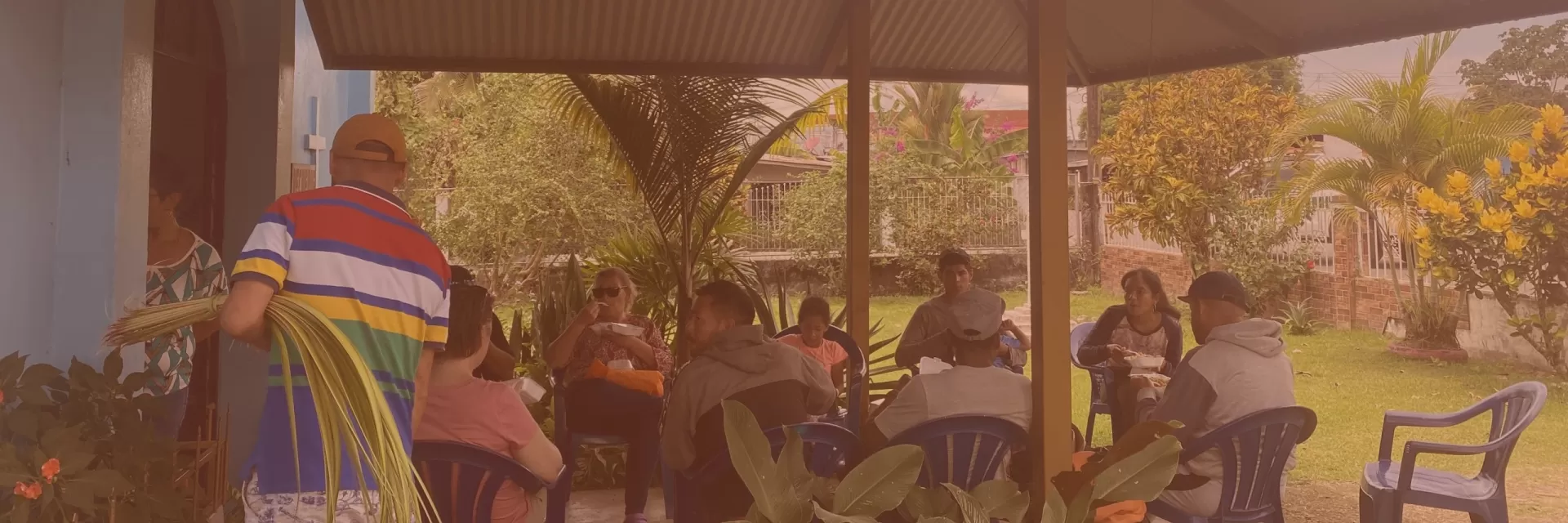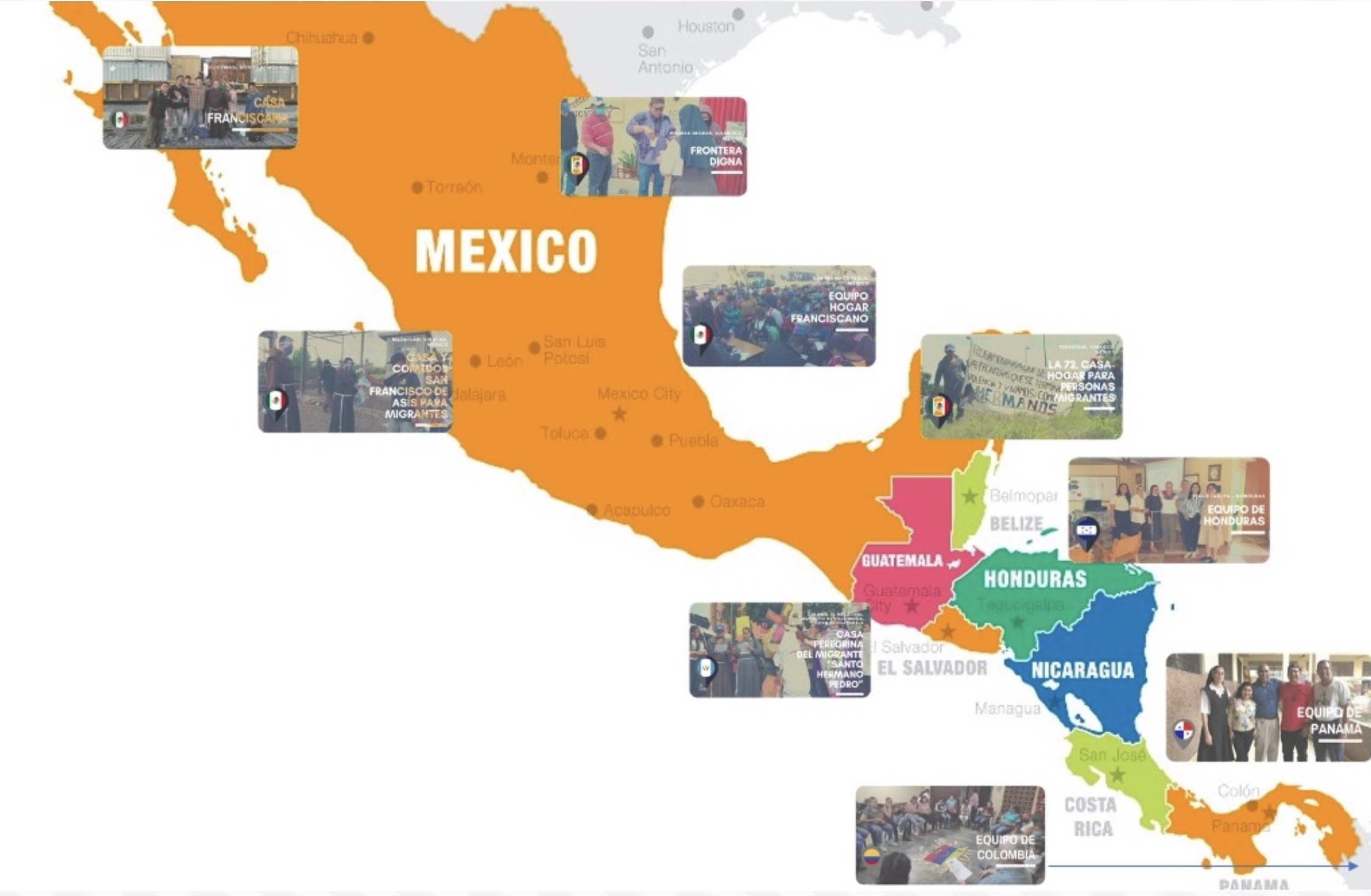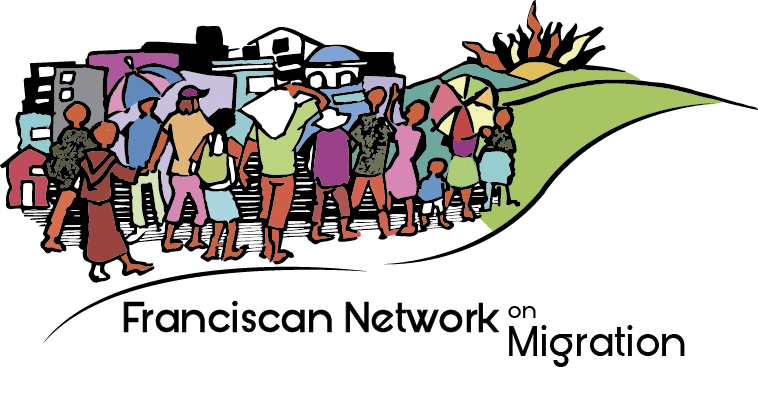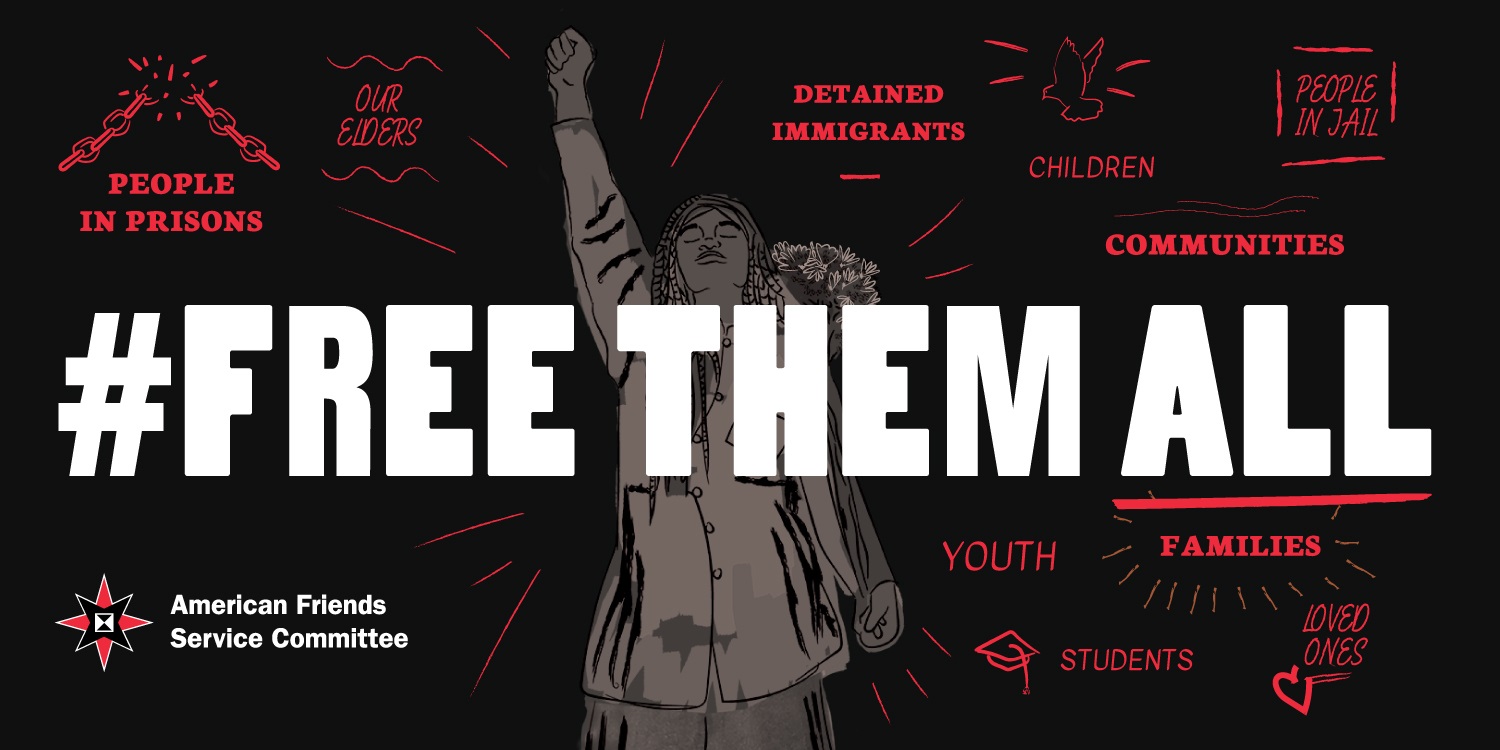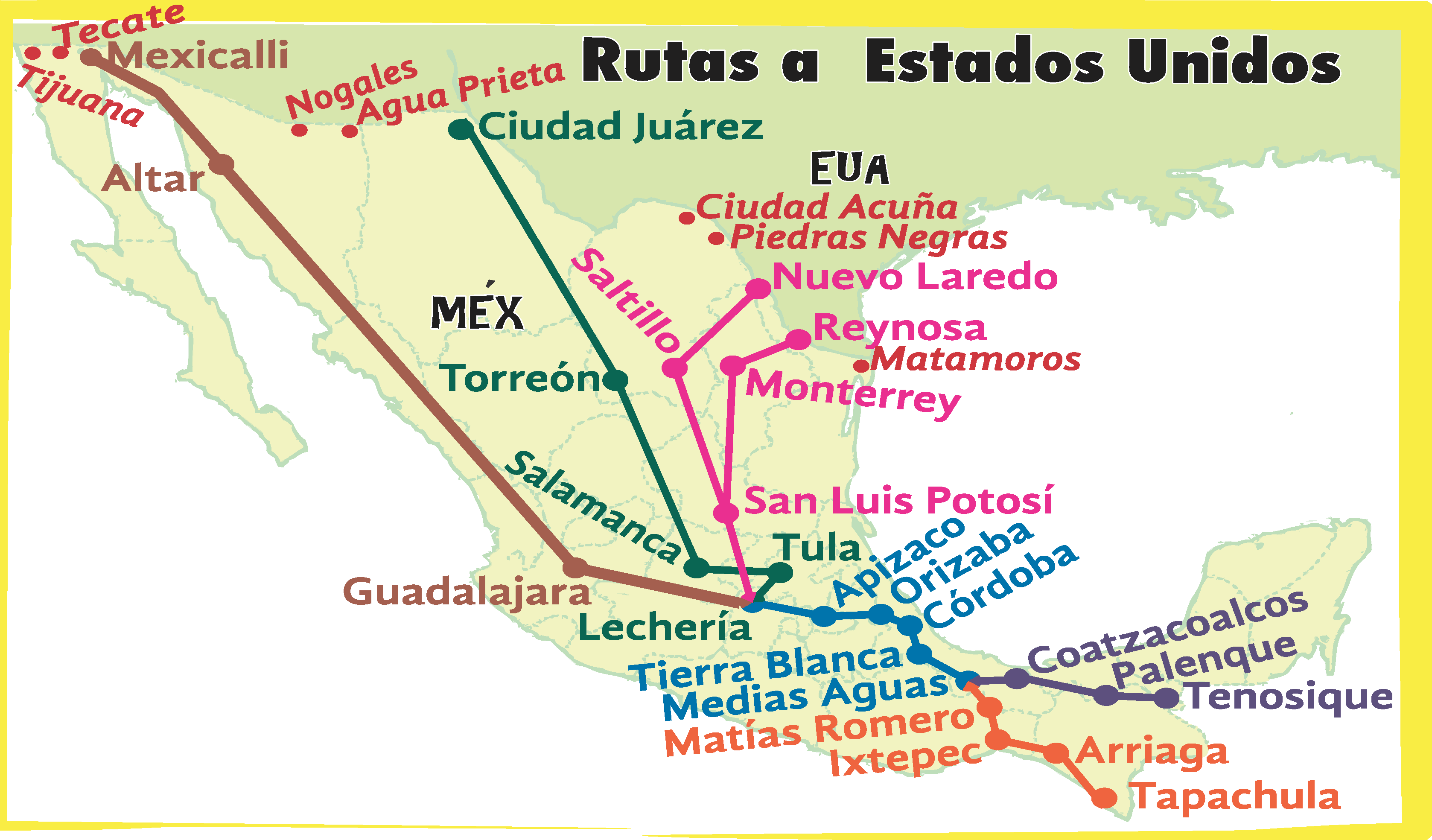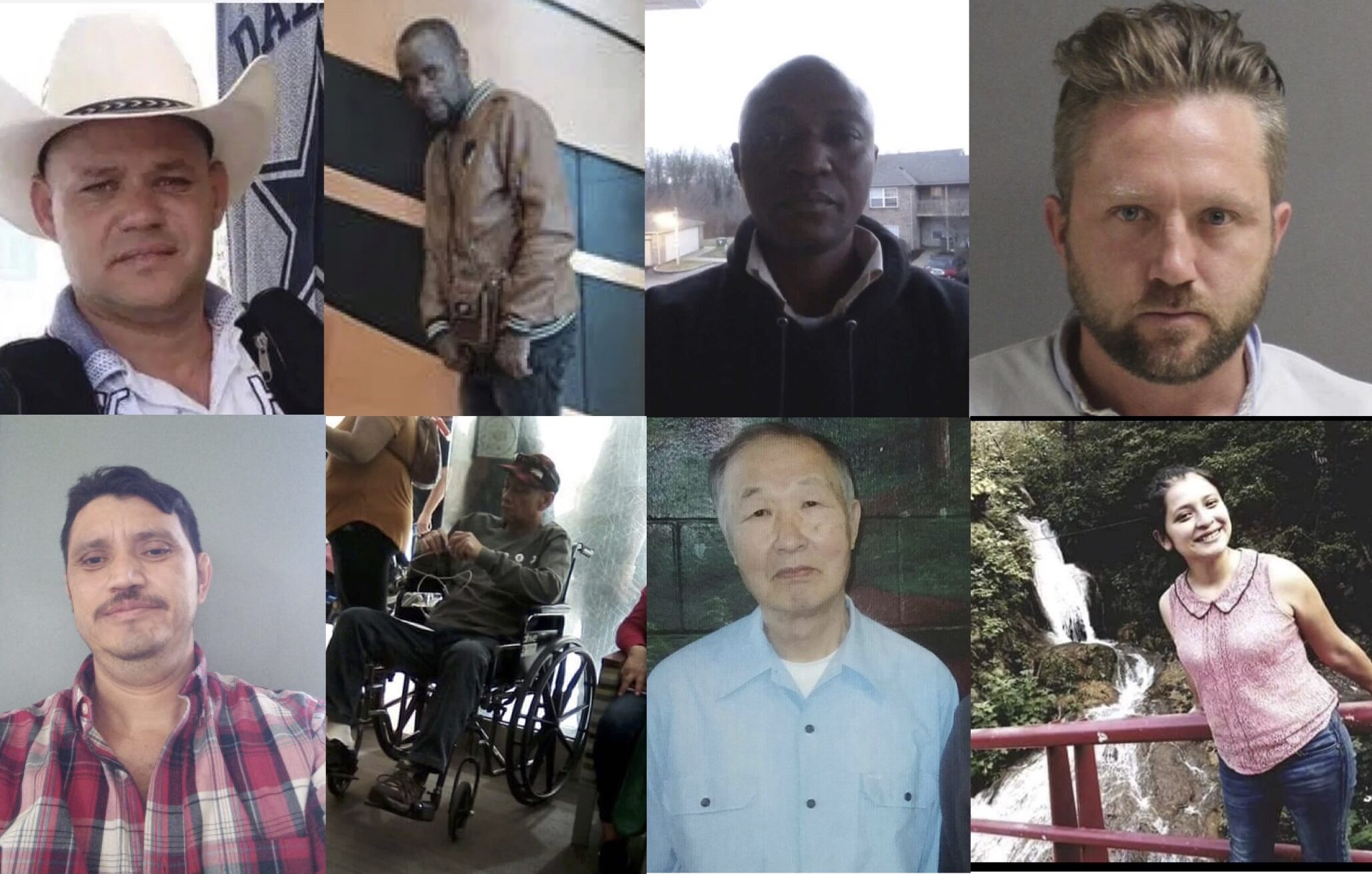Partner and Joint Statements
Read the Red Clamor statement February 2025 in English HERE y en Español AQUI.
Read the Red Clamor Panama statement February 2025 HERE y en Español AQUI.
Read January 21st, 2025 Joint Statement with our partners at the Franciscan Network on Migration here
Read November 22nd, 2024 statement from the Franciscan Network on Migration's National Assembly in Mexico here.
